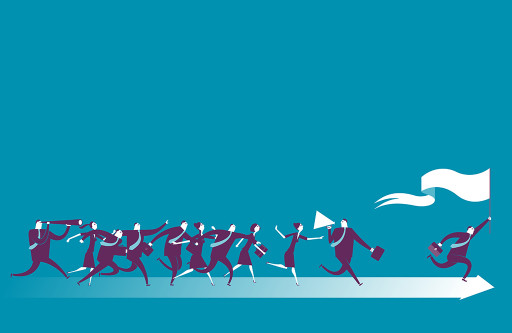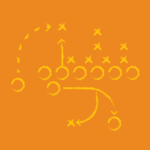
Are leadership qualities inherent? Are people born great leaders with natural attributes, or are great leaders developed and shaped over time. I will never forget a debate that started on a leadership development training program where I was facilitating a behavioural styles awareness session. Afterwards, one of the participants posed the provocative question – are leaders born or made? The group was split in their views, which wasn’t surprising. What was really surprising was the emotion with which people argued their case and that the debate raged on into the early hours of the morning.
My view – the very fact that we were embarking on a leadership development program with this group of managers answered the question – if leaders can’t be developed and shaped, then what was the point of us being here? At the very least, thinking of leaders as born, or preordained limits leadership learning and development potential.
Well, research suggests I’m mostly right! In fact, one study in particular from The Leadership Quarterly on what is inherited (the innate skills you bring to the table) and human development (what you learn along the way) estimated that leadership is 24% genetic and 76% learned skills and behaviors. Another study out of the University of Illinois, puts the value of genetics versus learned leadership behavior at 30% versus 70%.
As John C. Maxwell noted is his book – Developing The Leader Within You – “Leadership is not an exclusive club for those who were born with it. The traits that are the raw materials of leadership can be acquired. Link them up with desire and nothing can keep you from becoming a leader.
What does this mean for individuals?
Well some of us are lucky if we’re born with some level of natural leadership ability, but we can’t change what we’ve been born with. We can, however learn and further develop those attributes and skills to realise our full leadership potential. I think maintaining the belief that leaders are born, not made, severely limits our leadership potential as, if we believe we are naturally less capable of effective leadership we will be less likely to expose ourselves to challenging situations that develop those skills and less likely to learn from broader leadership development activities.
Therefore, as leaders, we need to challenge what we believe is possible, as what we believe will determine what those who follow us believe. Effective leadership is not only seen in Executive and Senior Management roles though. As followers, we need to consider what greater responsibility for leadership we can take so we can challenge traditional boundaries.
What does this means for organisations?
Leadership development programs are critical to assisting your people realise their full potential. However, it is an incredibly complex endeavor as it involves different leaders and leadership styles, different followers, dynamic contexts, timing, resources, technology, history and sometimes even good luck. A one-size fits all program is not going to cut it. Formal leadership development programs have their place, and ensure consistency and agreement with a range of leadership behaviours, practices and processes, however every individual is on their own journey and what works for one may not work for another. Therefore, such programs must maintain elements of flexibility, for example opportunities for individual coaching and participation in other development activities.






